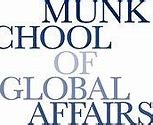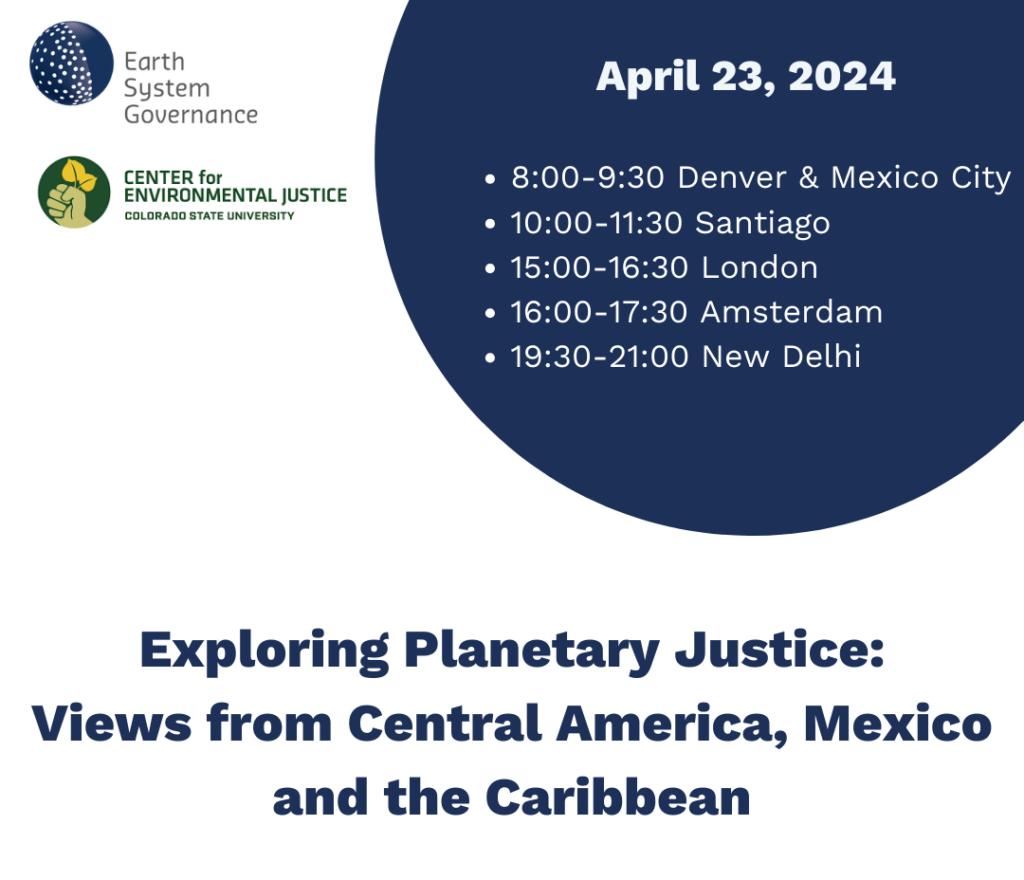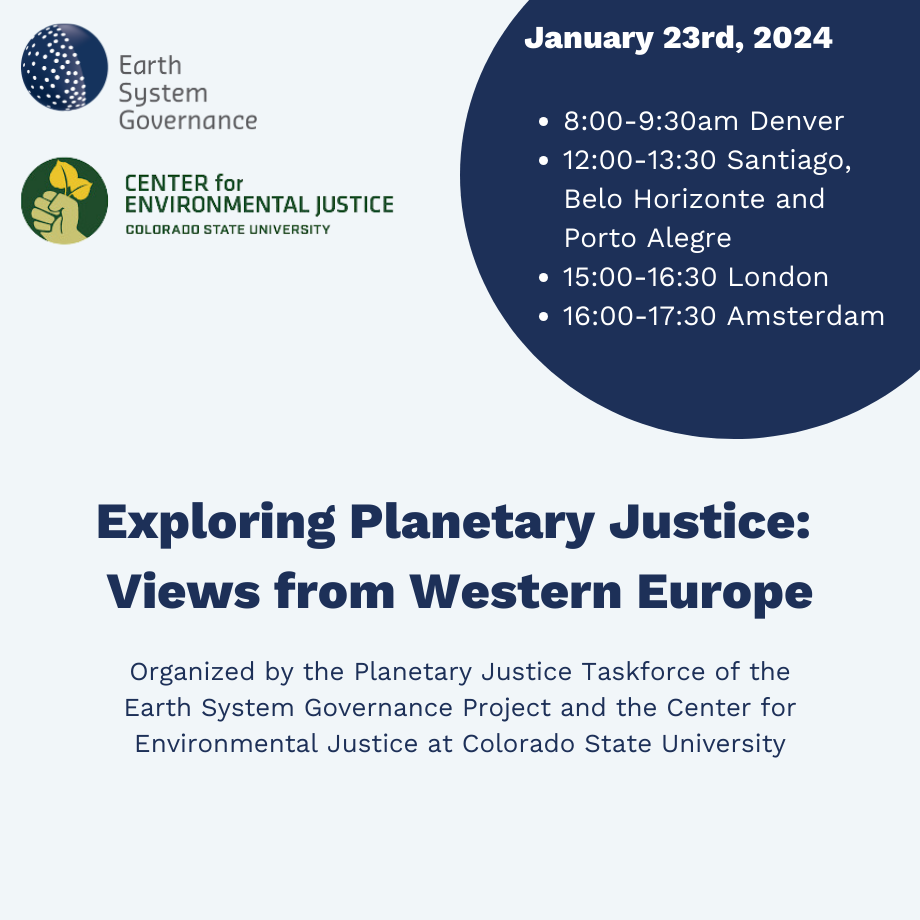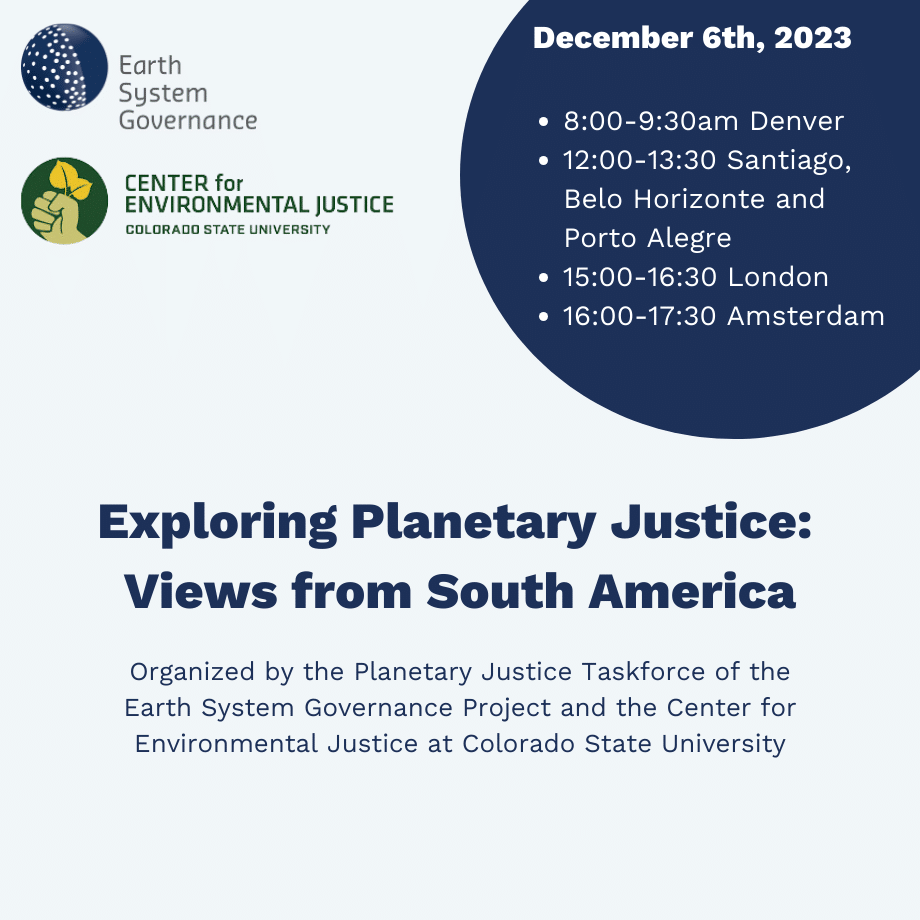Renewable energy is the best means of bringing global emissions within the required 1.5 degrees limit. While this is an imperative technical response to climate change, the full cost of renewables needs investigation. Specifically, the value chains of minerals used to produce renewable energy remains hidden. This event gathers experts, policy makers and the public to discuss the sourcing of commodities required to transition to renewable energy; examine the environmental and social costs across the life cycle of extraction, transport, processing and disposal; and explore the accountability mechanisms established by state and non-state groups to reconcile these costs.
Following a morning session with a keynote from Environment and Climate Change Canada, and lunch, we will hold a workshop on the governance of the mineral supply chain for renewable energy (to support development of wind, solar, and storage technologies primarily). There will be five presentations of reports and papers, to frame a moderated discussion between all participants to brainstorm the big questions in this emerging area.
Workshop paper and report presentations include:
- The Growing Role of Minerals and Metals for a Low Carbon Future;
John Drexhage, lead author (World Bank’s Oil, Gas, and Mining team of the Energy and Extractives Global Practice and the Climate Change Group) - Transnational Governance for Mining and the Mineral Lifecycle;
Graeme Auld (Carlton University), Michele Betsill (Colorado State University), and Stacy D. VanDeveer (University of Massachusetts) - Green Conflict Minerals: The fuels of conflict in the transition to a low-carbon economy; Clare Church and Alec Crawford (International Institute for Sustainable Development)
- The True Cost of Renewables: Governing the supply chain of green minerals;Craig Johnson (University of Guelph), Teresa Kramarz (University of Toronto), Susan Park (University of Sydney)
- Public supply chain-related laws: The case of ‘conflict’ resources and the DR Congo; Lena Partzsch (University of Freiburg)
The goal of the workshop is to set up an agenda that can help guide future avenues of scholarly research, policy analysis and recommendations.



